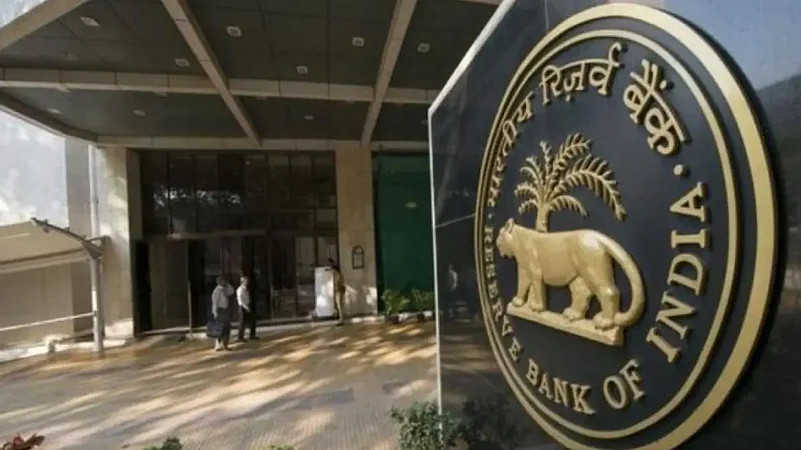The recent aggressive interest rate hike of 75 basis points (bps) by the US Federal Reserve may push the Reserve Bank of India (RBI) to go for more rate increases in the coming two or three quarters, experts opine, adding that this would have a direct impact on GDP (Gross Domestic Product) growth and market movement.
The hike in interest rates by the US Fed is the third since March and comes after inflation in the country soared unexpectedly last month. More significantly, the US central bank has indicated equally-large increases later this year, which could potentially dent the already shaky investor outlook across global markets.
Will RBI go for aggressive rate hikes?
The central bank, according to economists and reports, could go for an additional interest rate hike of up to 125 bps this fiscal, taking the overall increase to more than 200 bps.
This hike may not only dent overall demand in the economy as well as GDP growth but will also result in a correction in the market owing to the outflow of funds by foreign portfolio investors (FPIs) and a downward adjustment in earnings forecasts of listed companies due to higher cost of funds as well as input cost.
The Sensex had plunged 2 per cent to close at an over 12-month low of 51,495 the day after the US Fed announced its interest rate hike by 75 bps. As per the provisional data published by exchanges, FPIs offloaded equity holdings worth Rs 3,257 crore on Thursday (June 16), and have sold holdings amounting to Rs 31,500 crore in June. This has put pressure on domestic equities.
What should market investors do?
An early resolution of the ongoing Russia-Ukraine war may resuscitate market sentiments as a substantial part of the inflation worries is on account of the crisis. There is a feeling among the market participants that a protracted war could only dent these further as it could result in an increase in food items and oil prices.
With the constant hike in interest rates and incertitude on where the yields may settle, investors feel domestic equity markets in current times should only be deemed with an investment horizon of no less than three years.
Many of them opine that India is very well placed for higher growth over the next three to five years and companies throughout sectors are already in the midst of fresh capital investment, which is likely to accelerate in subsequent months.
Even though the slump in equity markets has dented investor sentiment for now, people should invest in equities bearing the future in mind.
According to market analysts, investors should go for systematic investment plans as they will help them capitalise on a further decline in the market. Investors can also put money in equities which have traditionally given good returns when inflation is high.
































